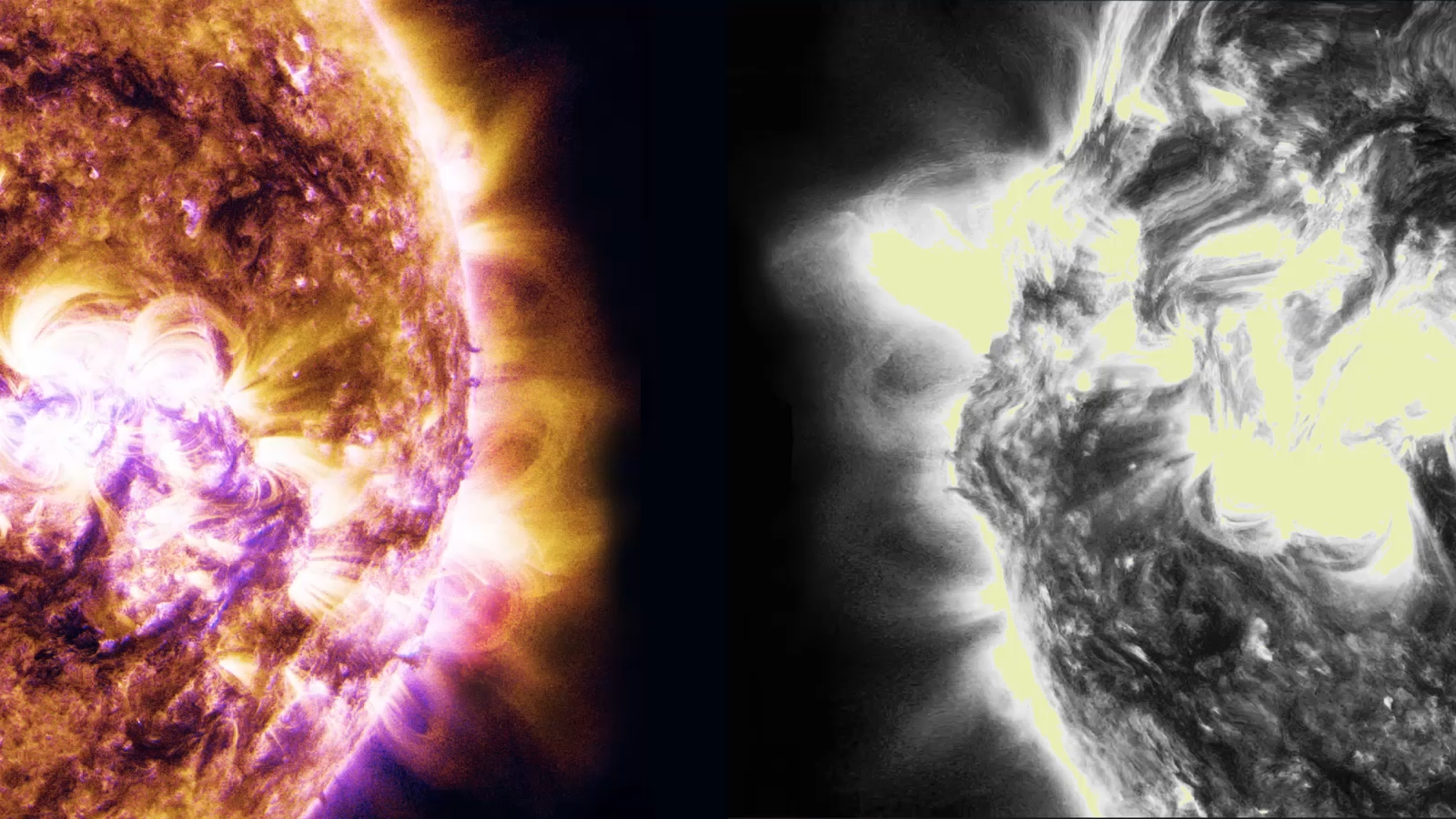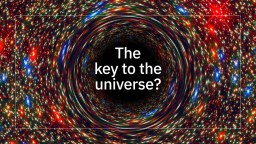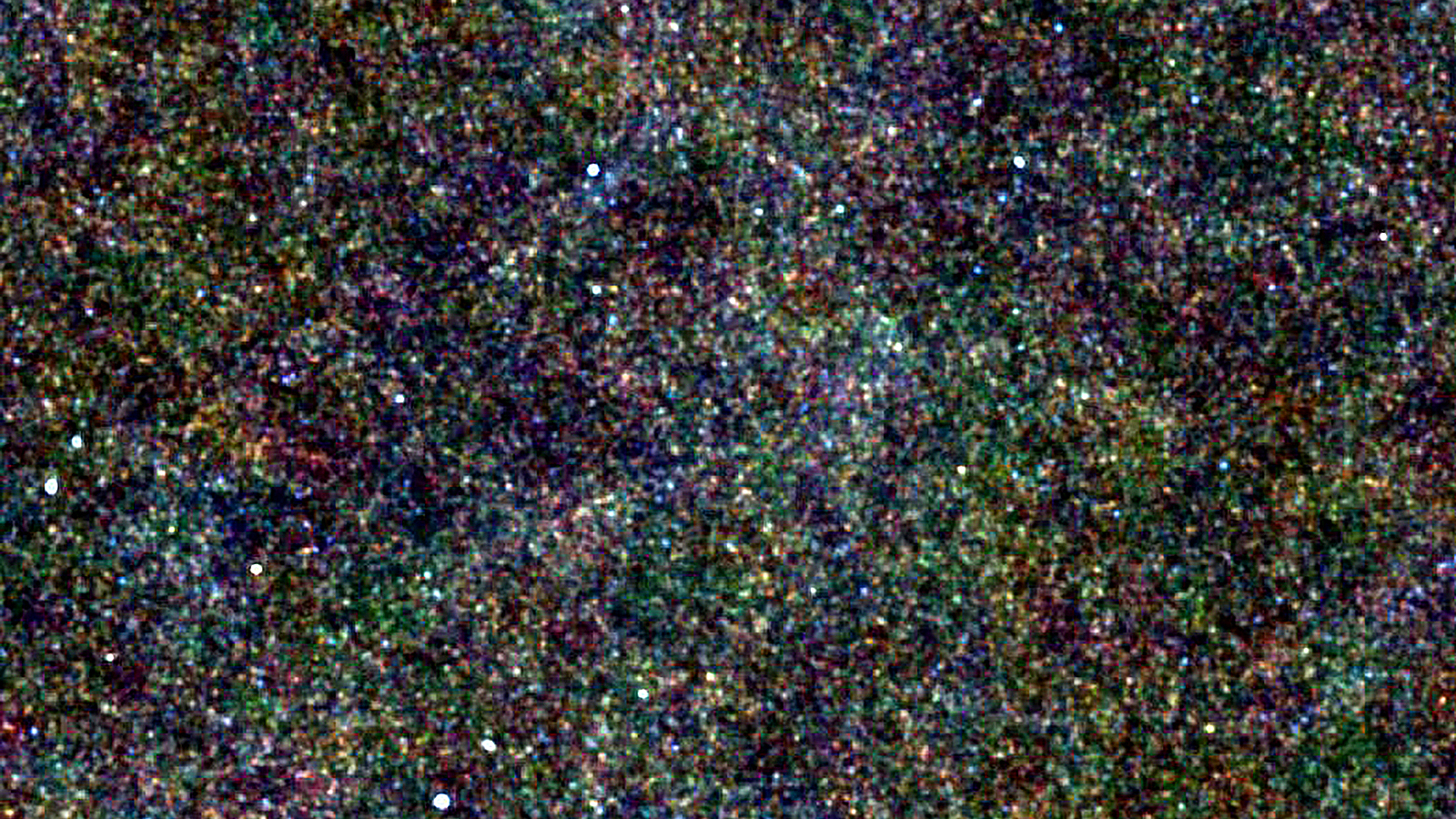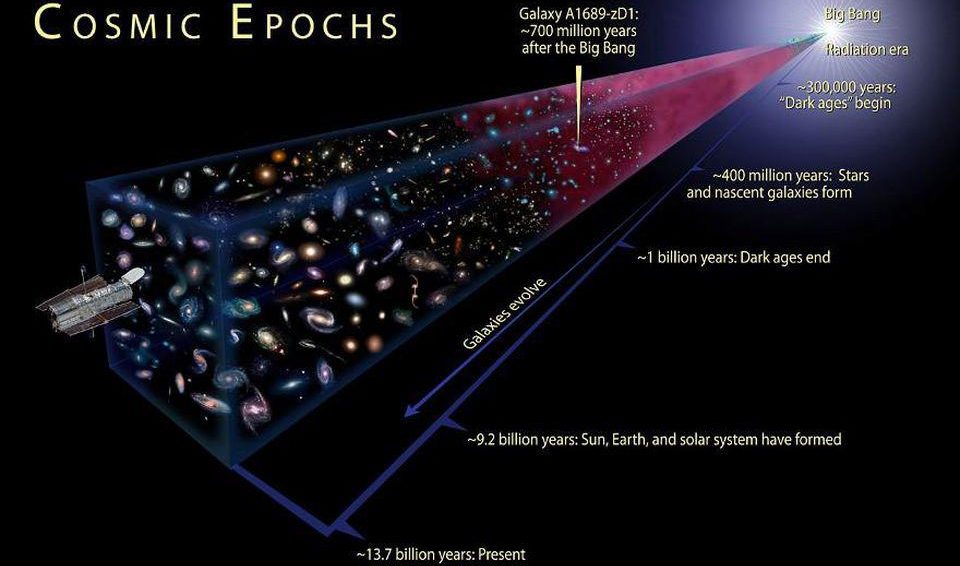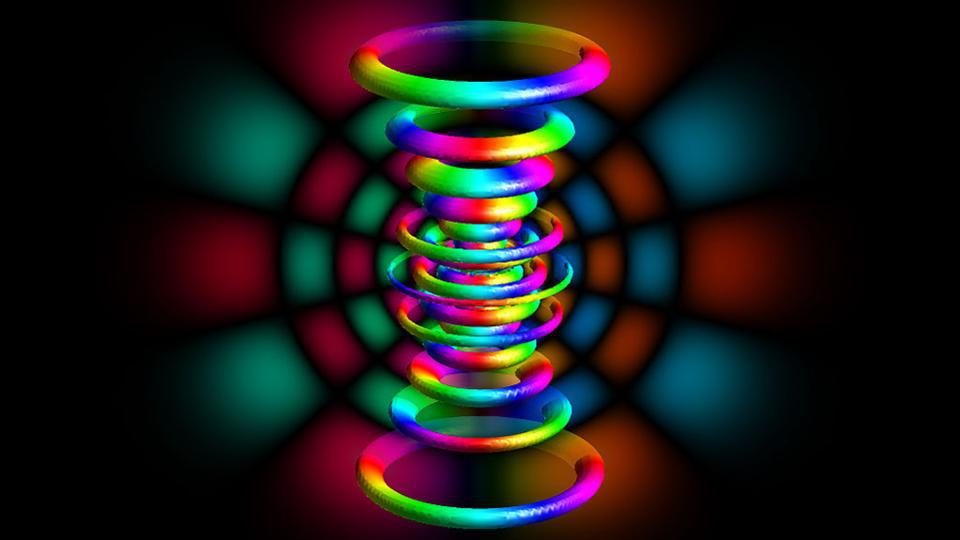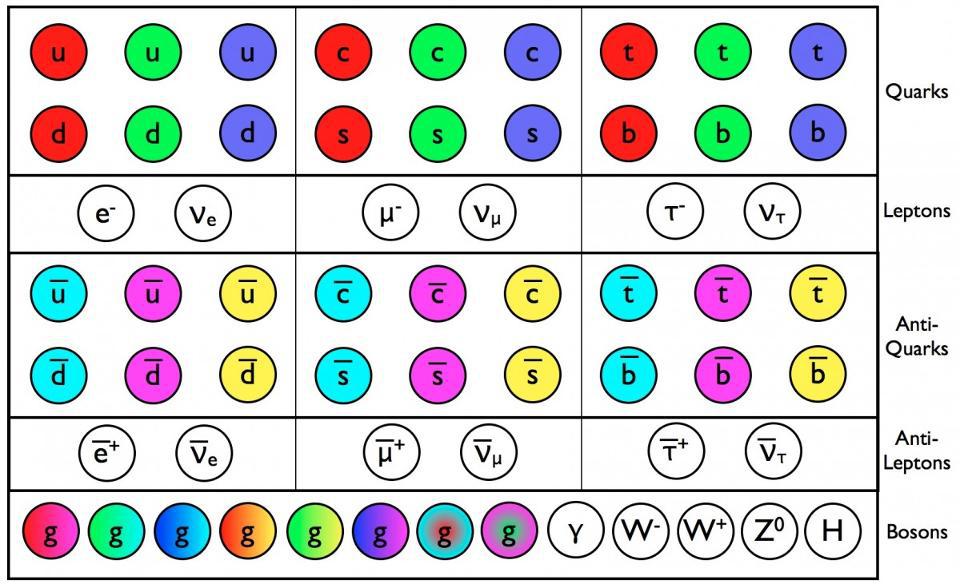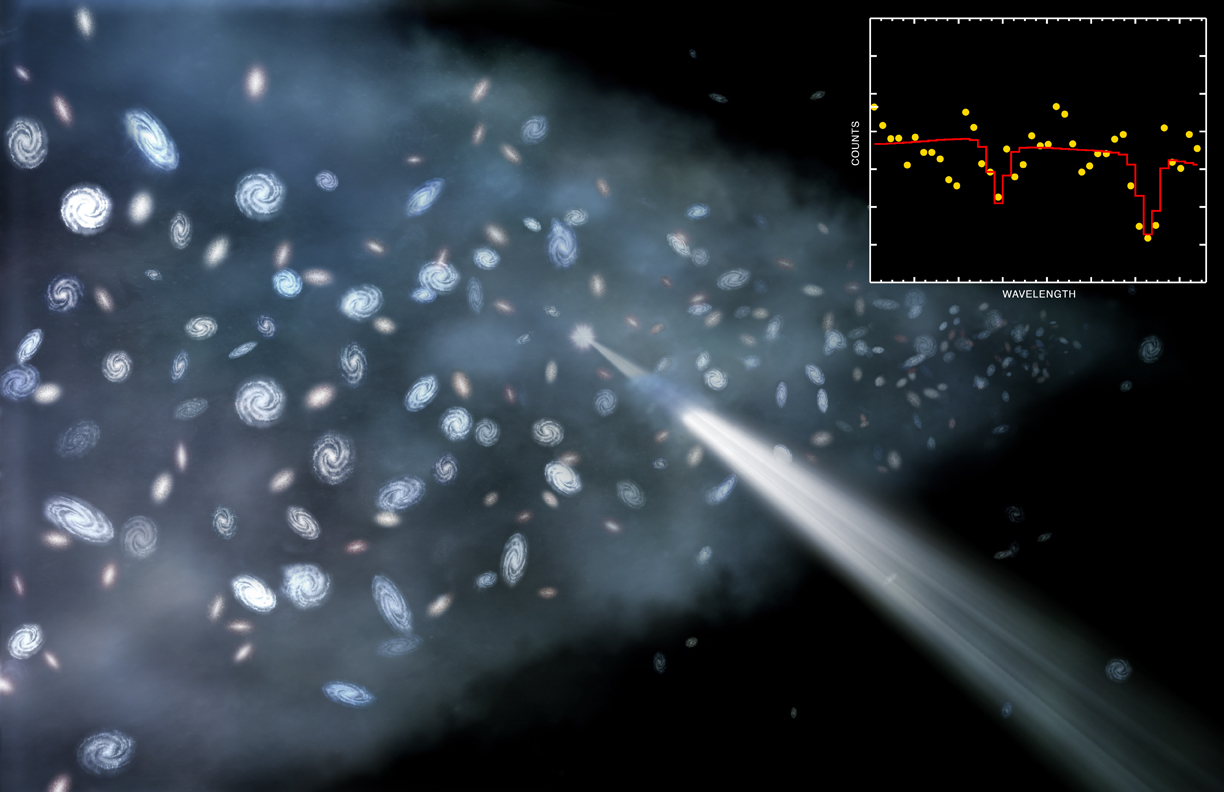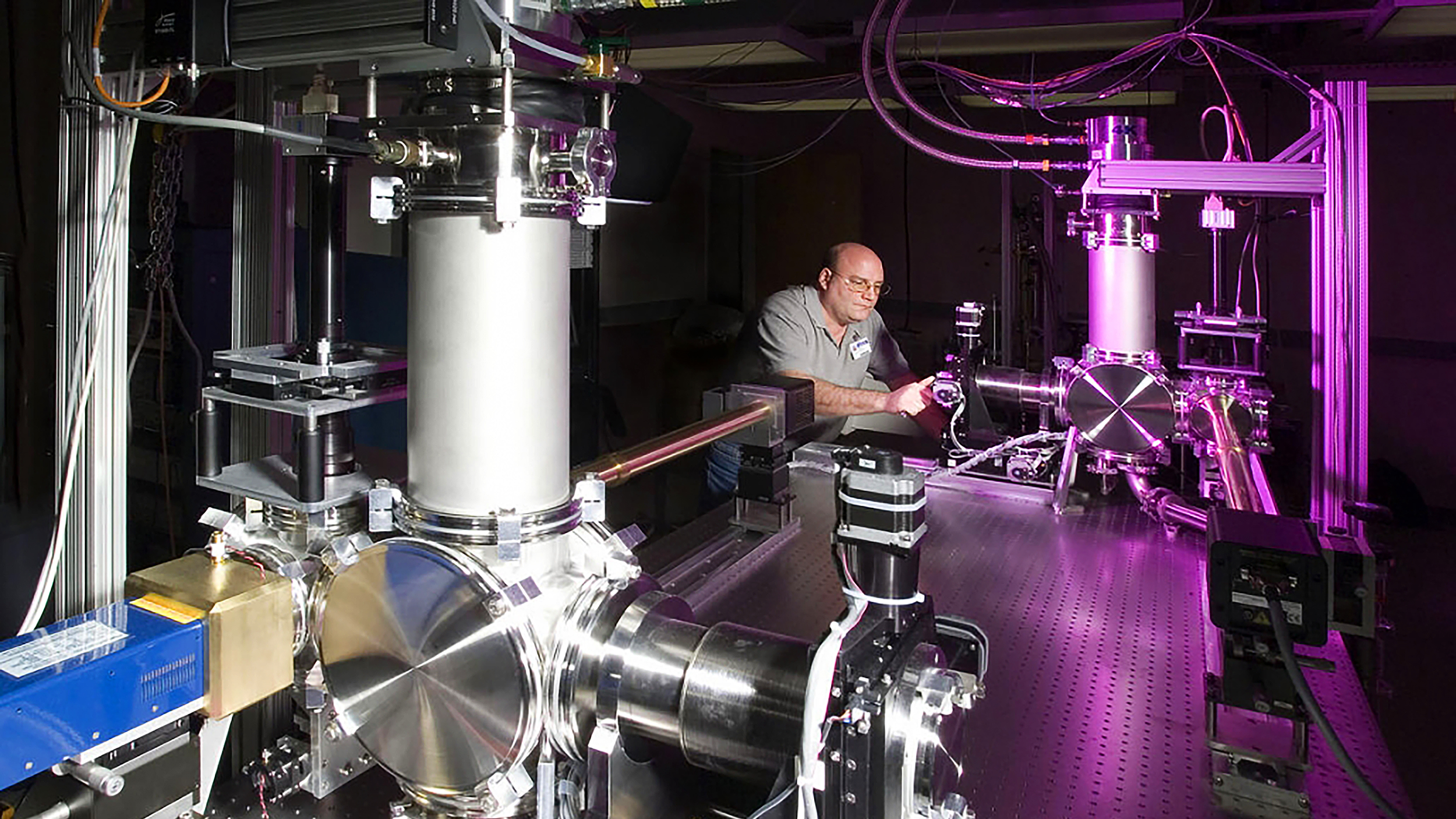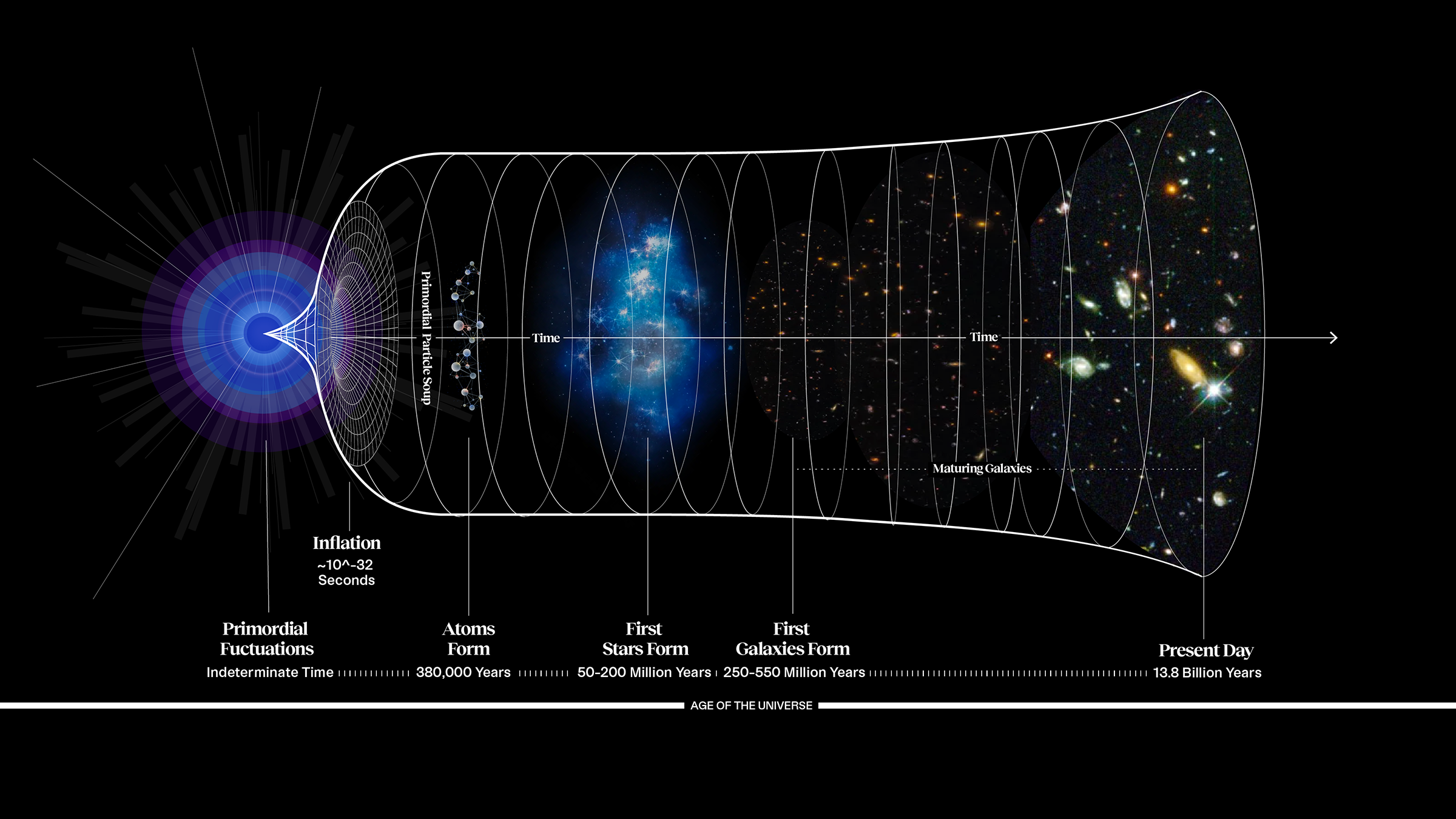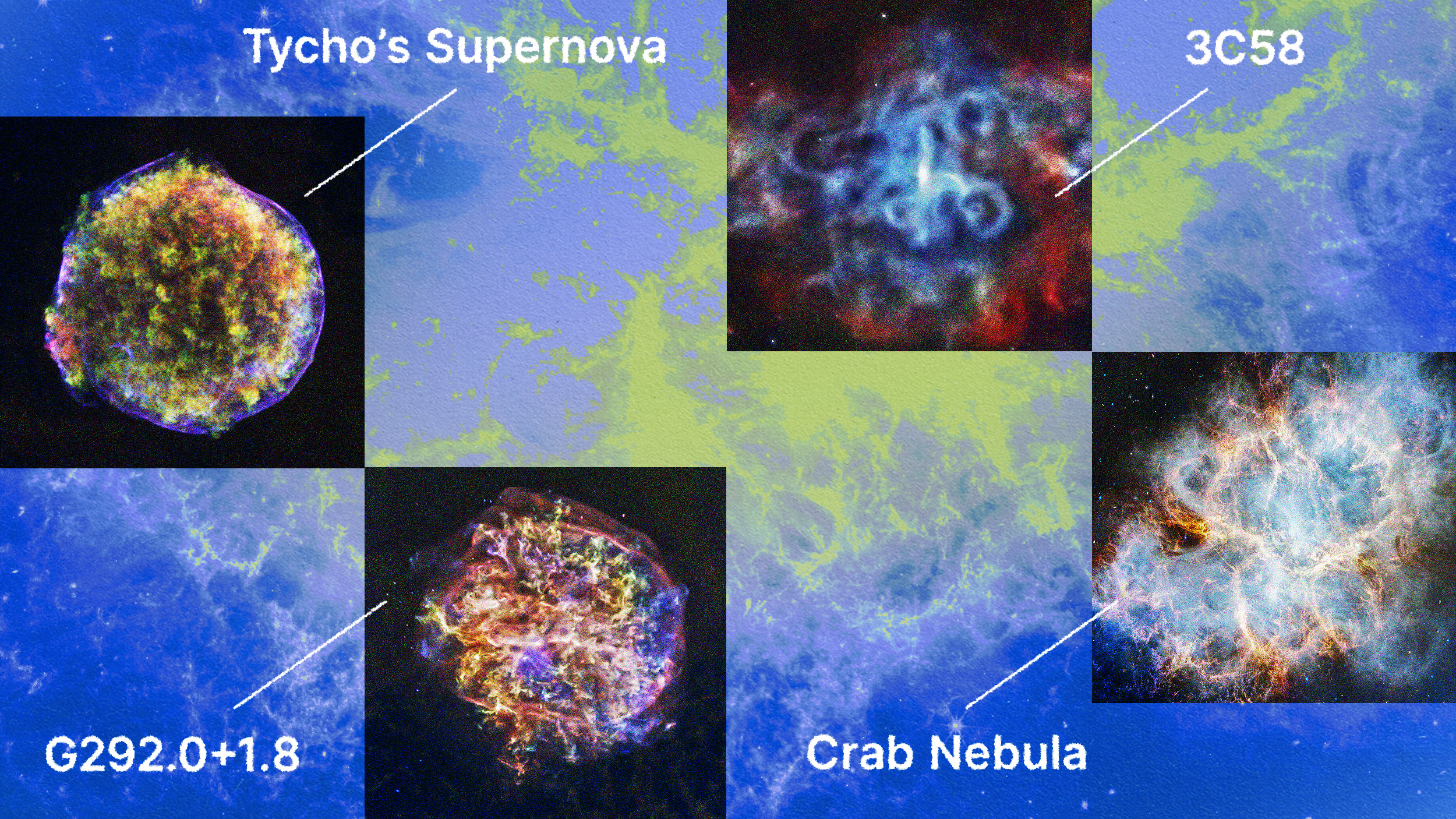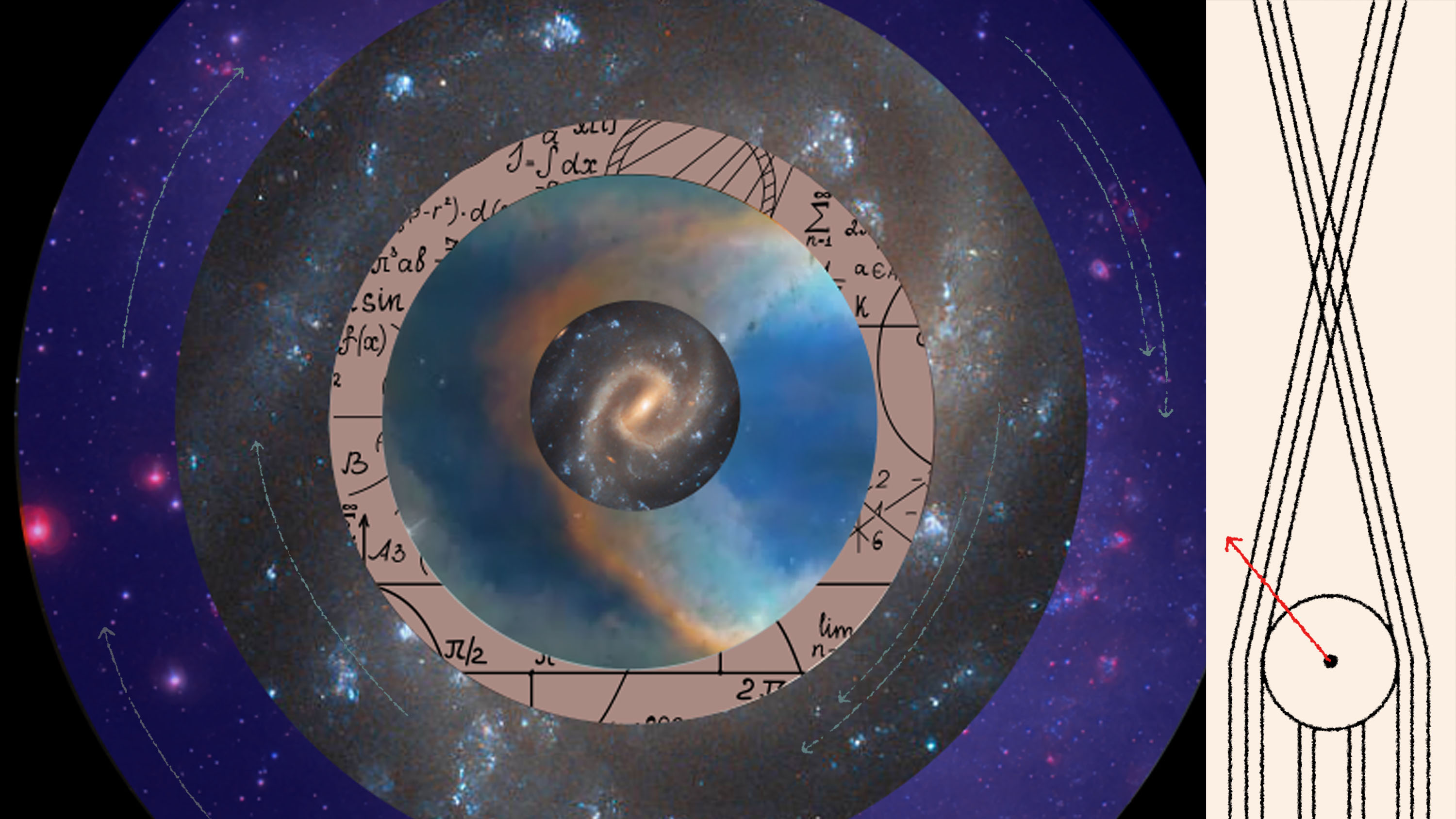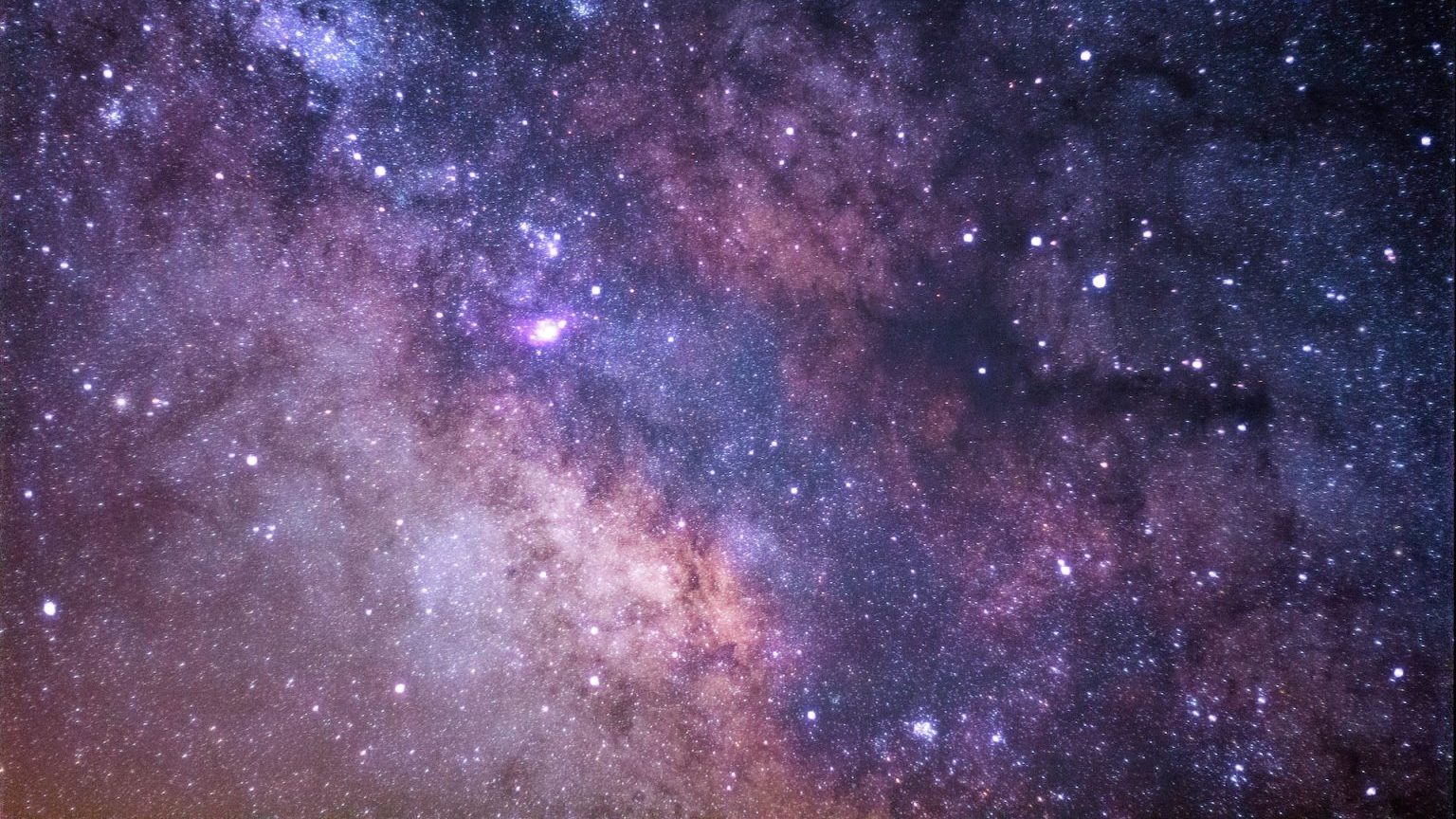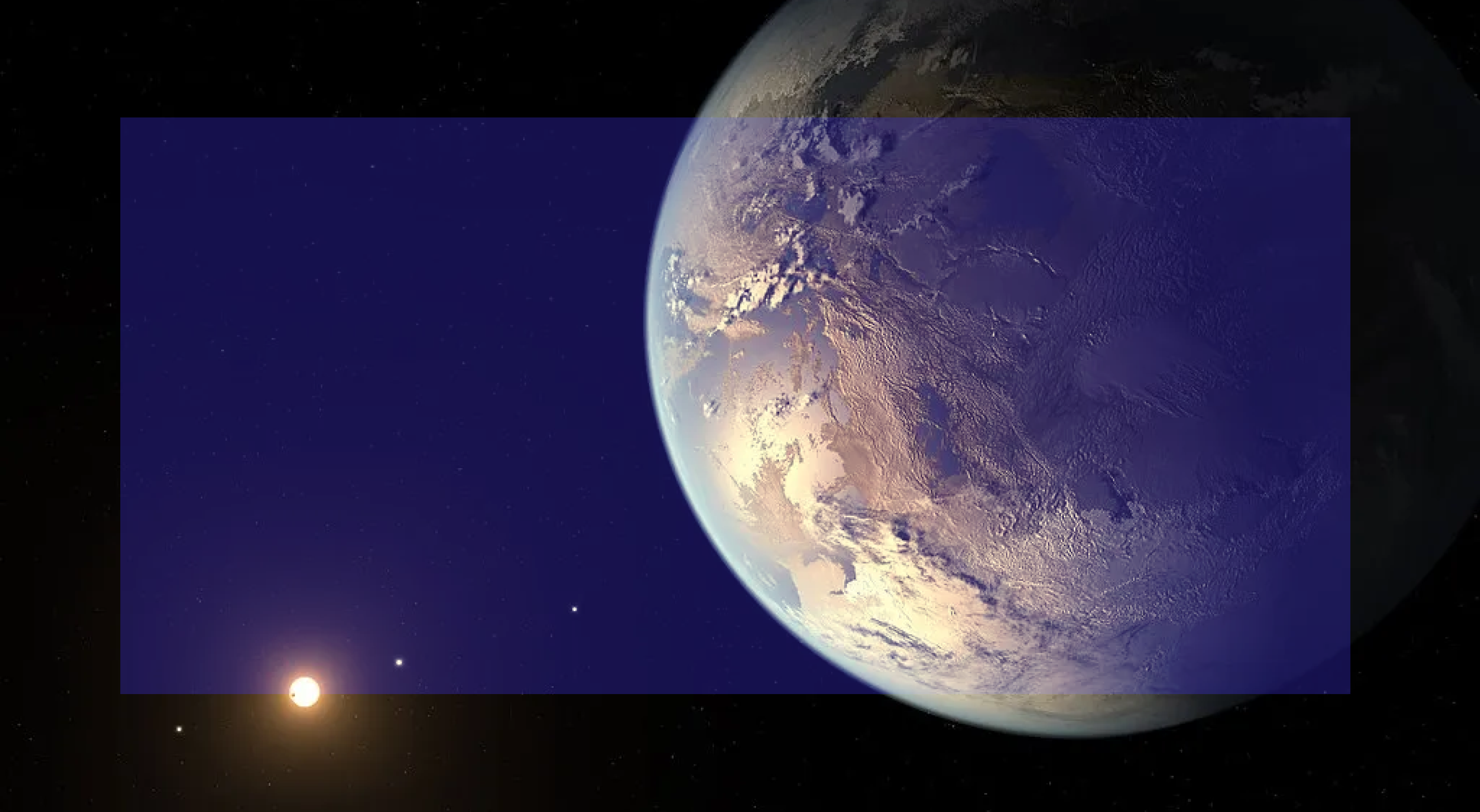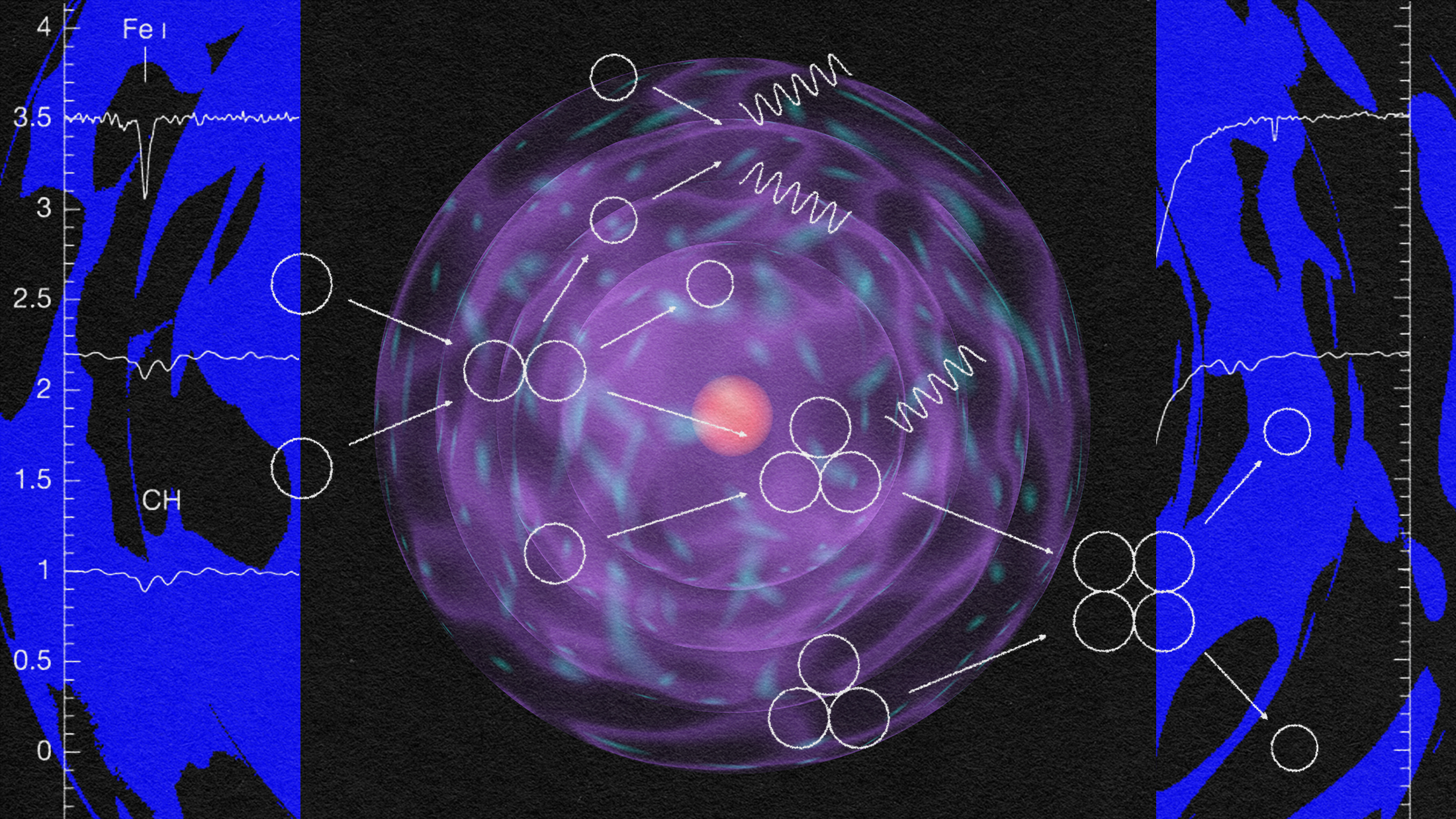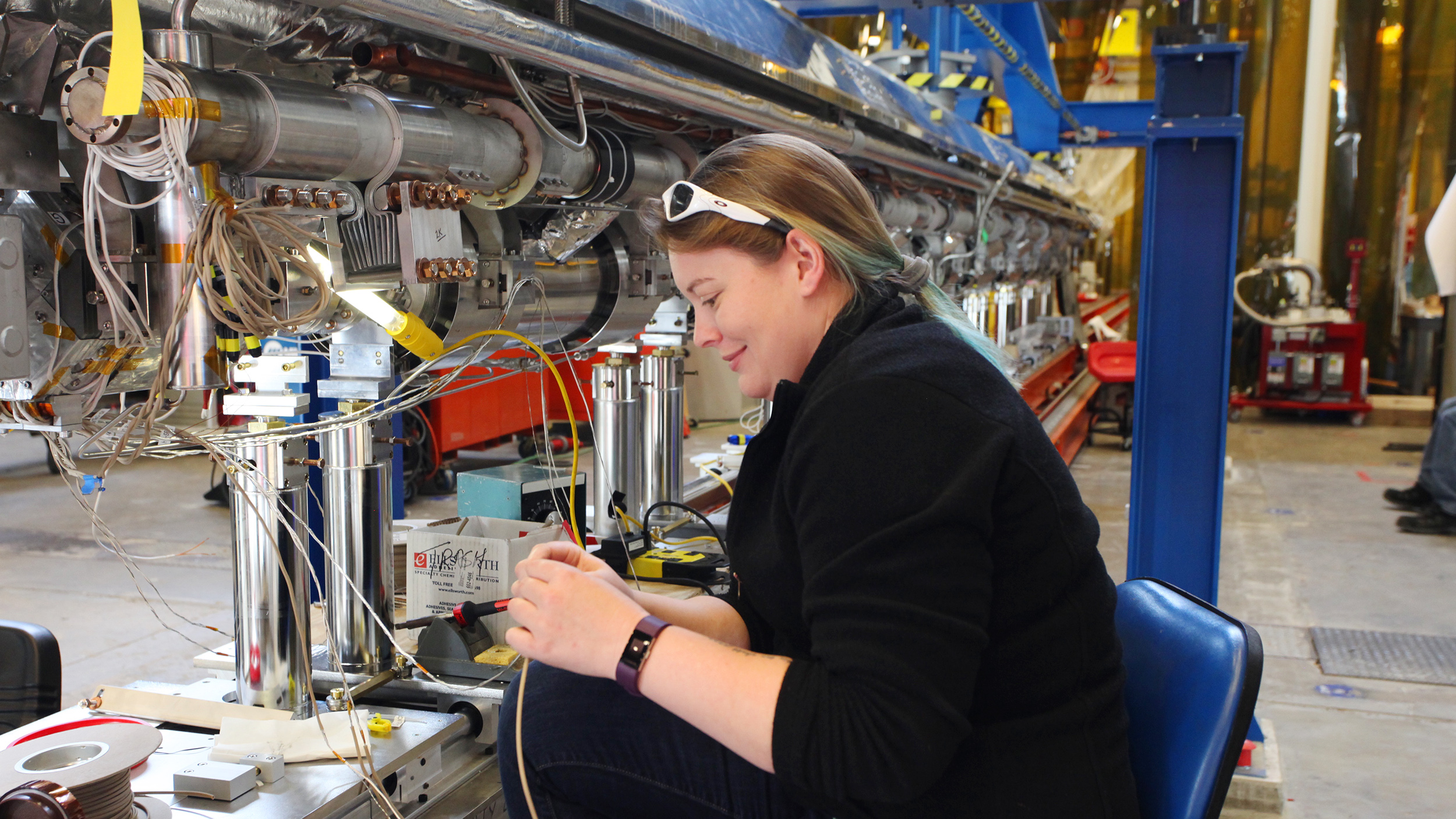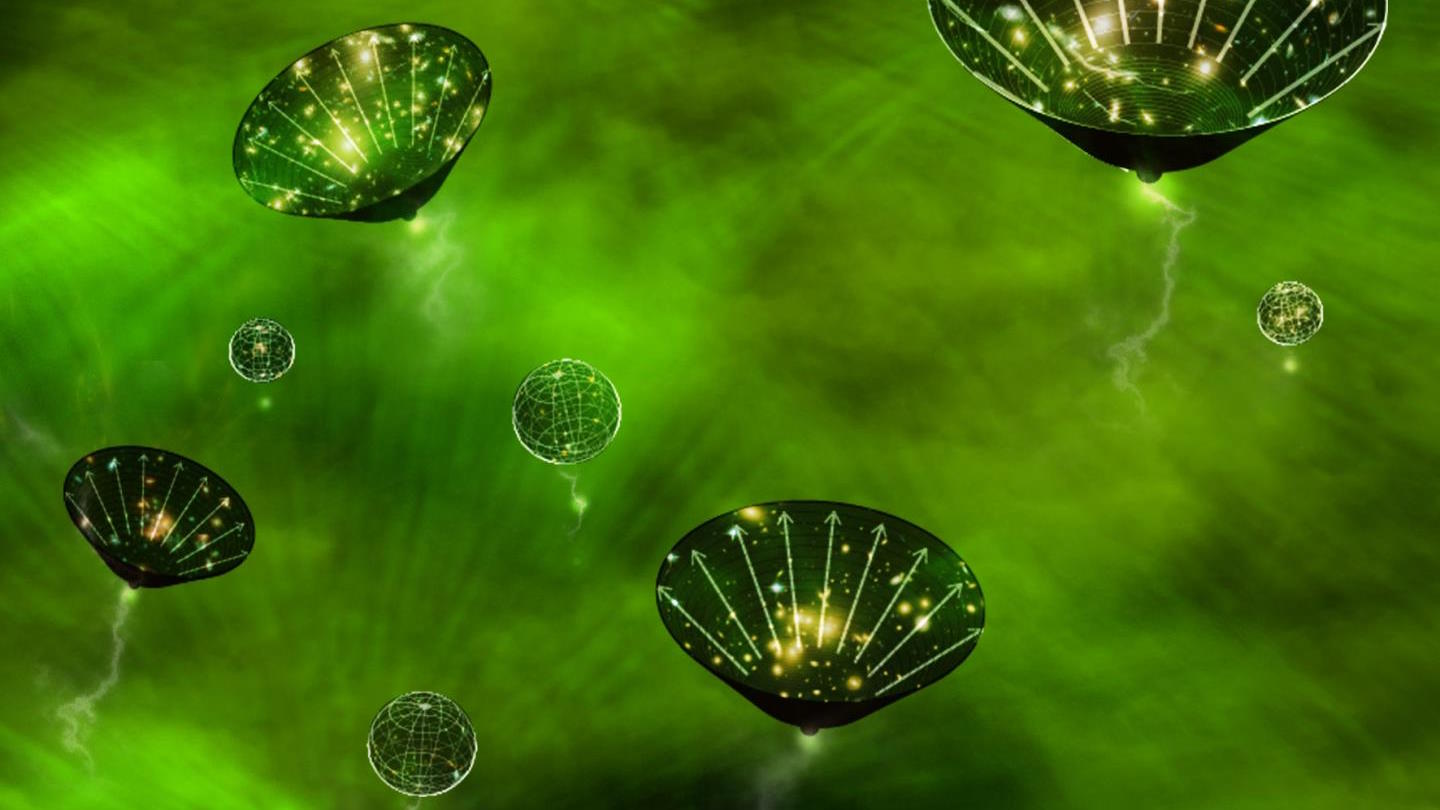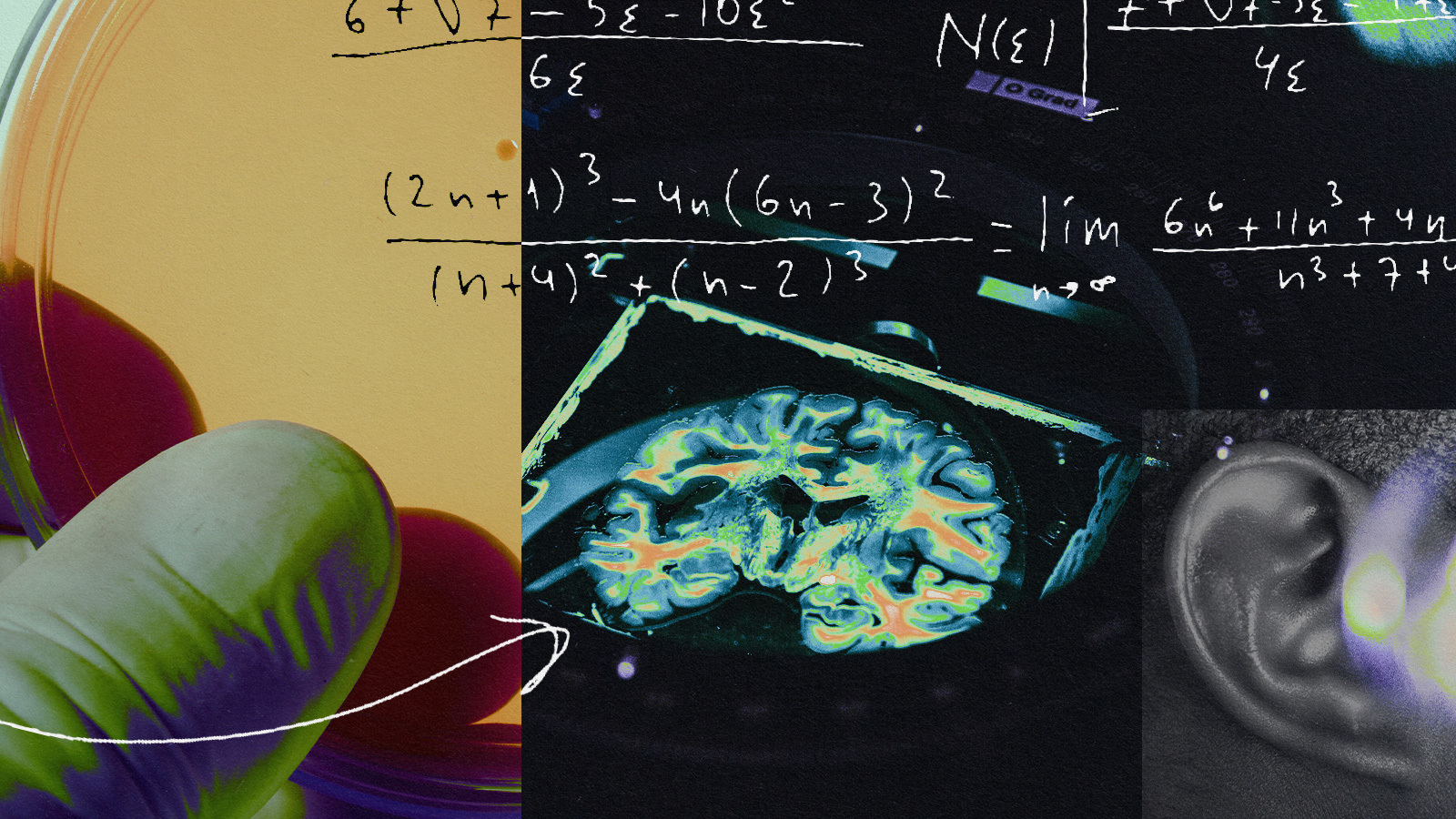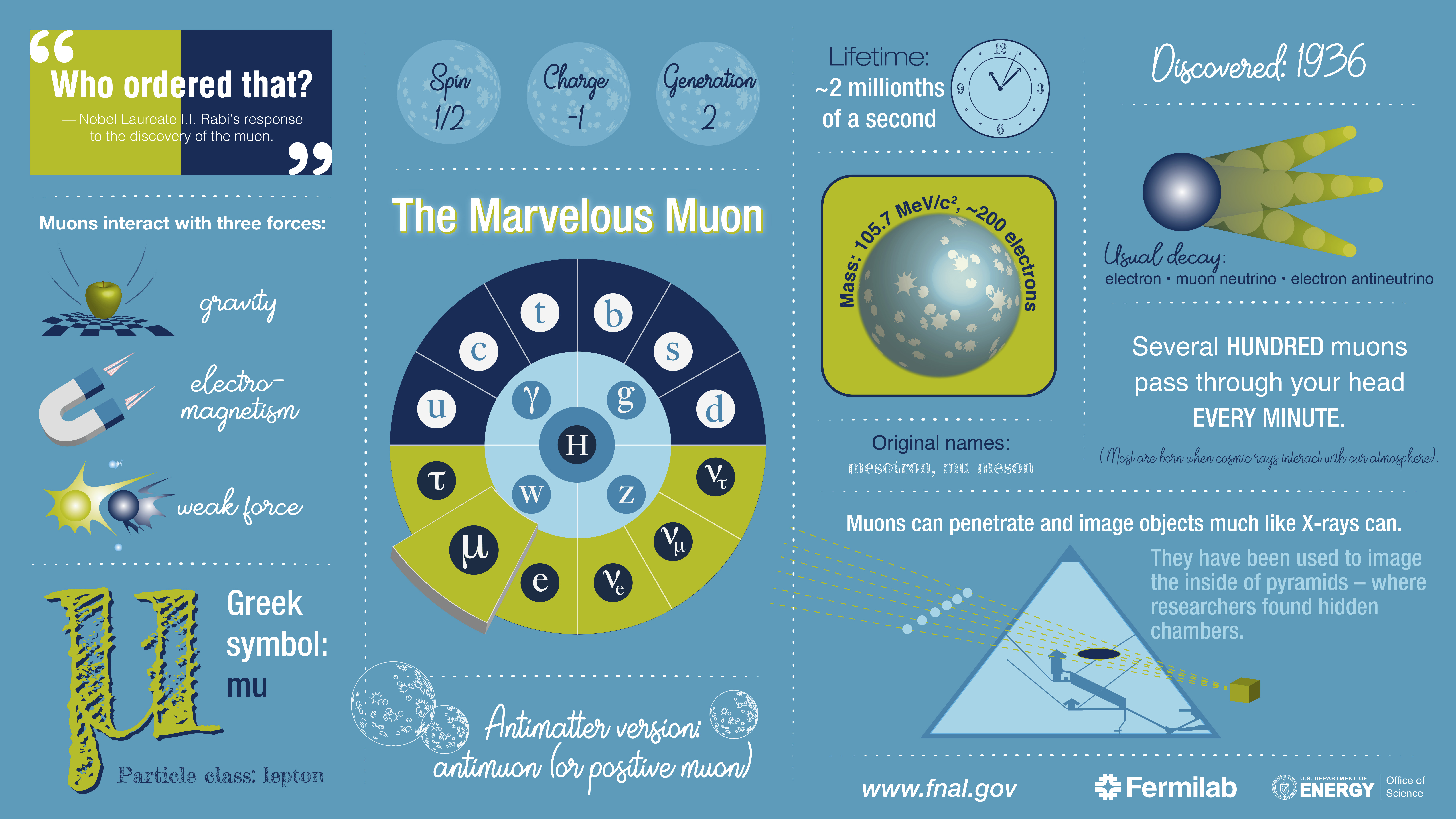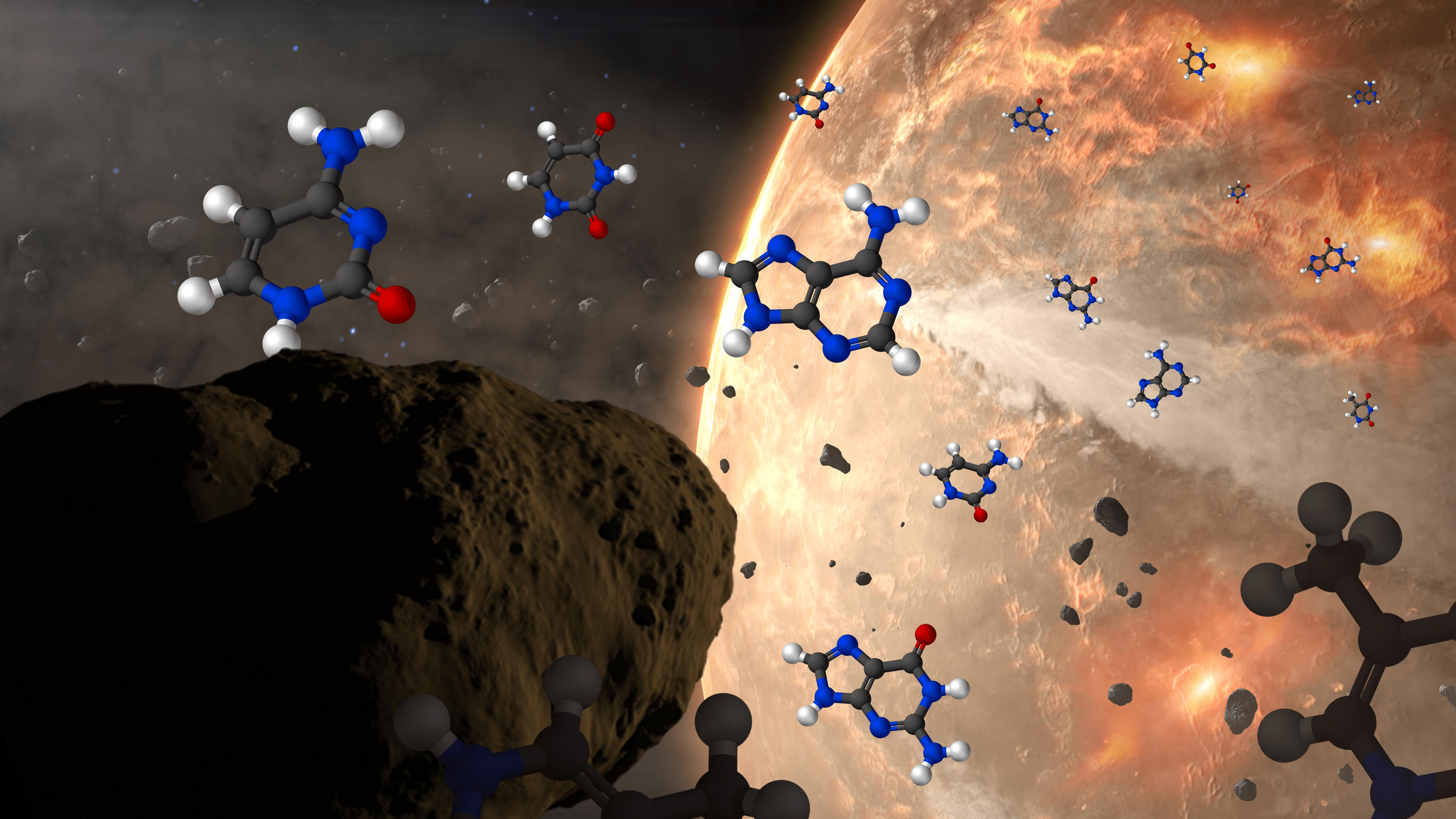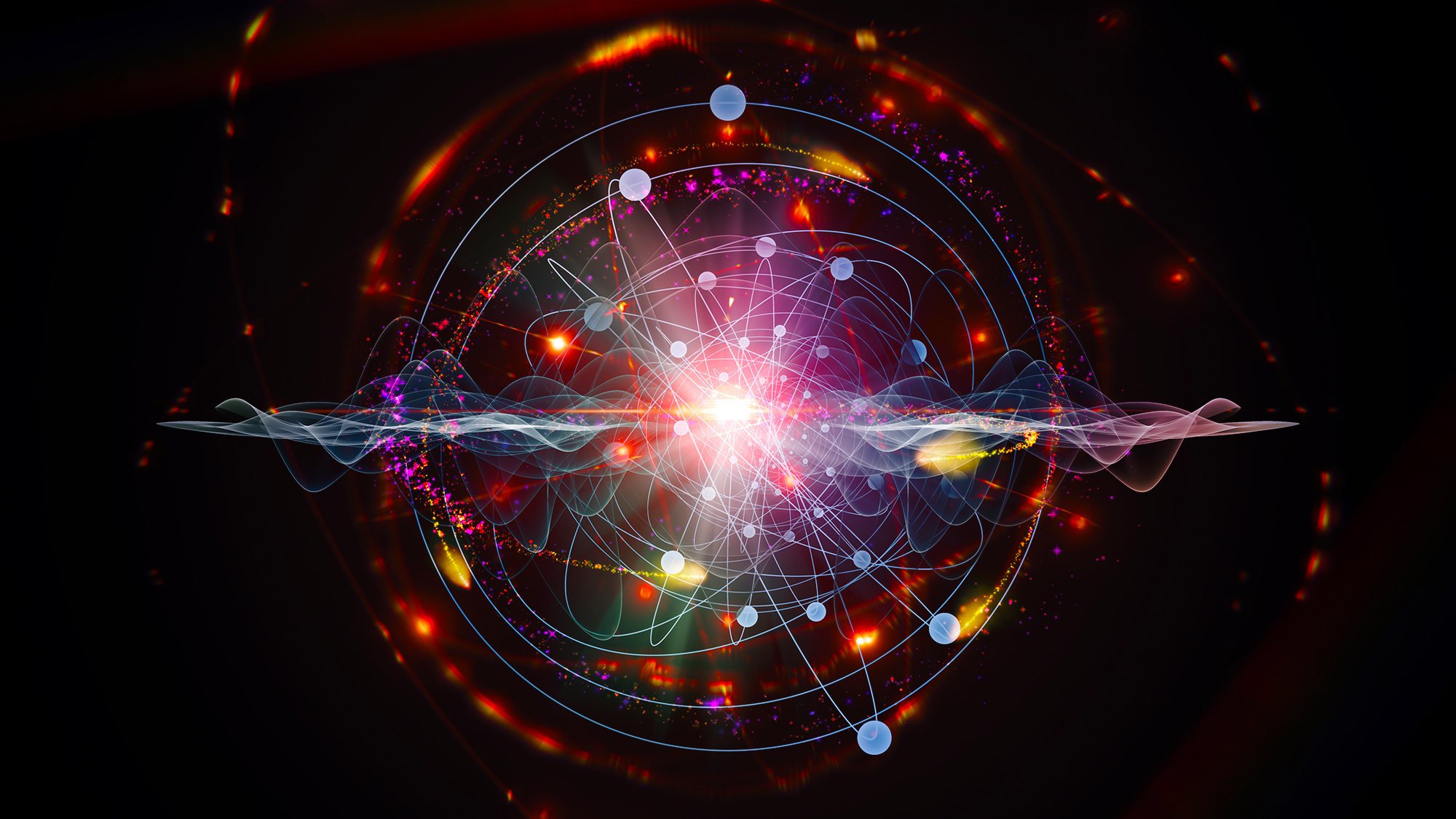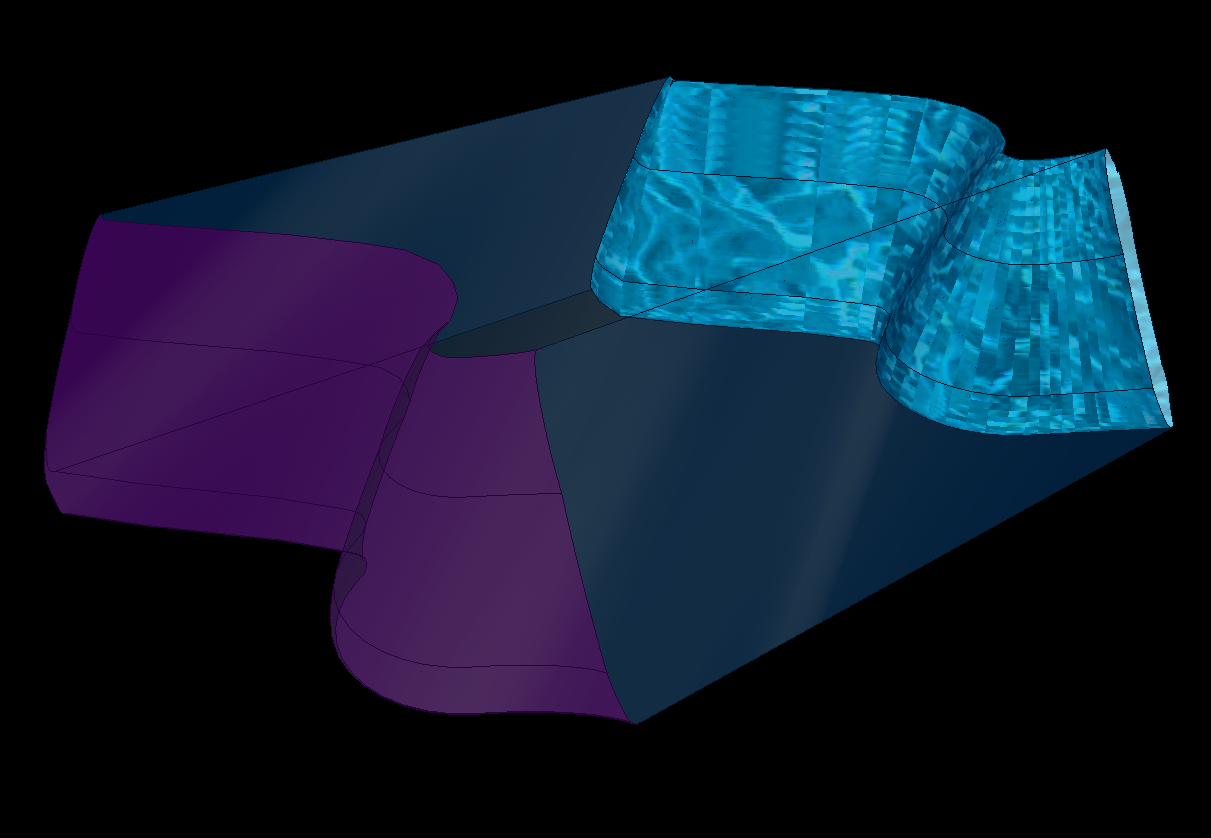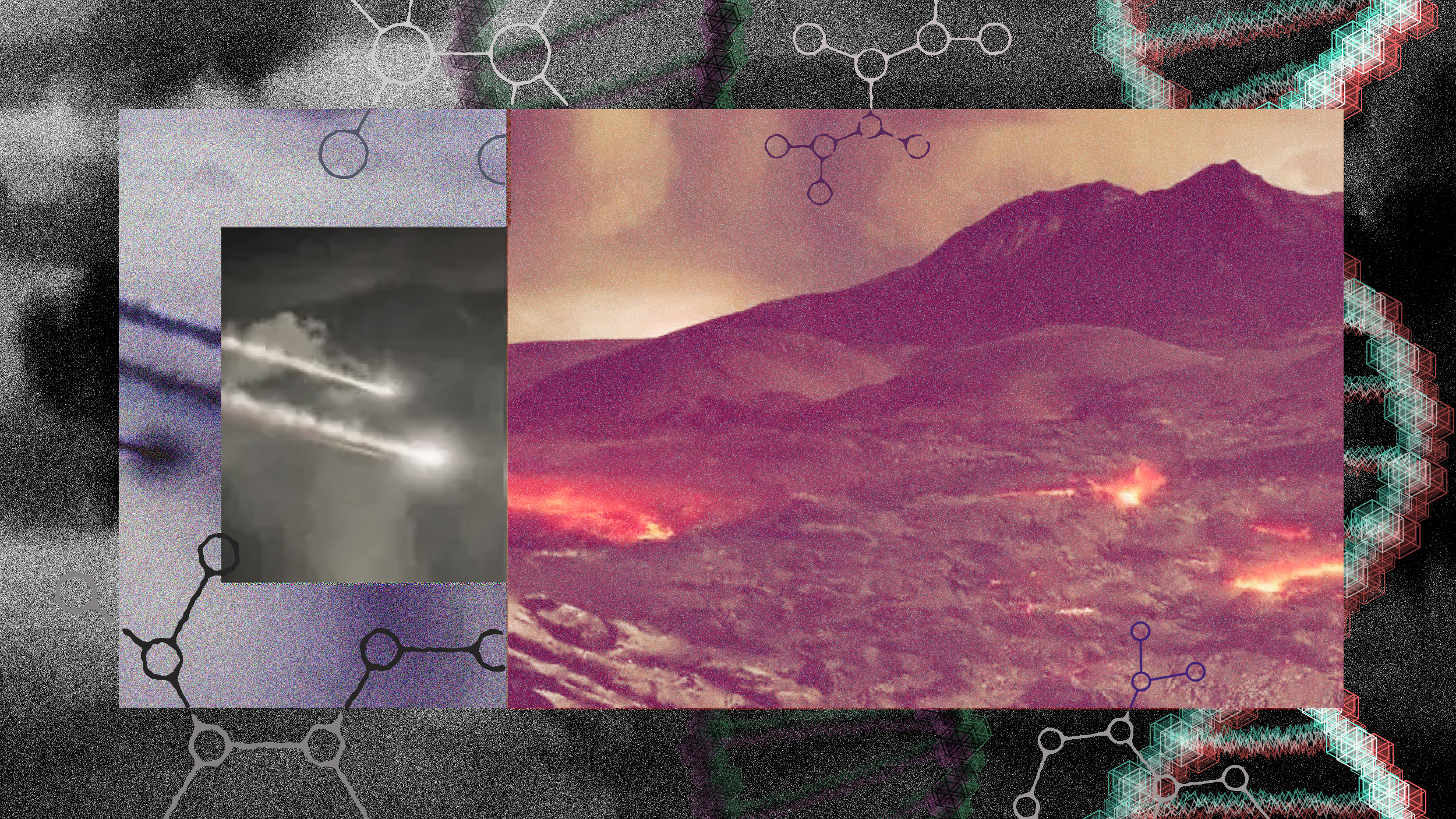In the early stages of the hot Big Bang, there were only free protons and neutrons: no atomic nuclei. How did the first elements form from them?
Search Results
You searched for: energy
The hot Big Bang was an energetic, brilliantly luminous event. Today’s Universe is alight with stars. But in between, the dark ages ruled.
Is information intrinsic in our universe? NASA’s Michelle Thaller explains.
▸
8 min
—
with
In all directions, at great distances, the Universe looks younger, more uniform, and less evolved. Does that mean Earth must be the center?
The Universe is 13.8 billion years old, going back to the hot Big Bang. But was that truly the beginning, and is that truly its age?
Quantum uncertainty and wave-particle duality are big features of quantum physics. But without Pauli’s rule, our Universe wouldn’t exist.
Lithium-ion batteries pose challenges for our transition toward renewable energy. Sodium-sulfur batteries might be a solution.
Predicted way back in the 1960s, the discovery of the Higgs boson in 2012 completed the Standard Model. Here’s why it remains fascinating.
Wind farms seem less productive when scientists incorporate more realistic atmospheric models into their output predictions.
Just by observing the tiny amount of deuterium left over from the Big Bang, we can determine that dark matter and dark energy must exist.
Light can be turned into heat, which can then be turned into motion, and the effect of that motion can be turned into a big squeeze.
The Universe didn’t begin with a bang, but with an inflationary “whoosh” that came before. Here are the biggest questions that still remain.
The first stars took tens or even hundreds of millions of years to form, and then died in the cosmic blink of an eye. Here’s how.
Cosmologists are largely still in the dark about the forces that drive the Universe.
Is gravity weaker over distances of billions of light-years?
It will be immensely difficult for the Bitcoin and Ethereum blockchains to protect their competitive edge if they do not pursue a radical change.
Sam Smith — founder and former CEO of finnCap Group — argues that a culture of empathy will help superscale any business.
From the Big Bang to dark energy, knowledge of the cosmos has sped up in the past century — but big questions linger.
Life became a possibility in the Universe as soon as the raw ingredients were present. But living, inhabited worlds required a bit more.
No matter how good our measurement devices get, certain quantum properties always possess an inherent uncertainty. Can we figure out why?
Scientists will be able to make detailed “Claymation-like” movies of chemical reactions.
From the Big Bang to black holes, singularities are hard to avoid. The math definitely predicts them, but are they truly, physically real?
It could perform a speech recognition task with 78% accuracy.
From unexplained tracks in a balloon-borne experiment to cosmic rays on Earth, the unstable muon was particle physics’ biggest surprise.
We can reasonably say that we understand the history of the Universe within one-trillionth of a second after the Big Bang. That’s not good enough.
When the Universe was first born, the ingredients necessary for life were nowhere to be found. Only our “lucky stars” enabled our existence.
If it weren’t for the intricate rules of quantum physics, we wouldn’t have formed neutral atoms “only” ~380,000 years after the Big Bang.
For decades, theorists have been cooking up “theories of everything” to explain our Universe. Are all of them completely off-track?
When you combine the Uncertainty Principle with Einstein’s famous equation, you get a mind-blowing result: Particles can come from nothing.
Although early Earth was a molten hellscape, once it cooled, life arose almost immediately. That original chain of life remains unbroken.
